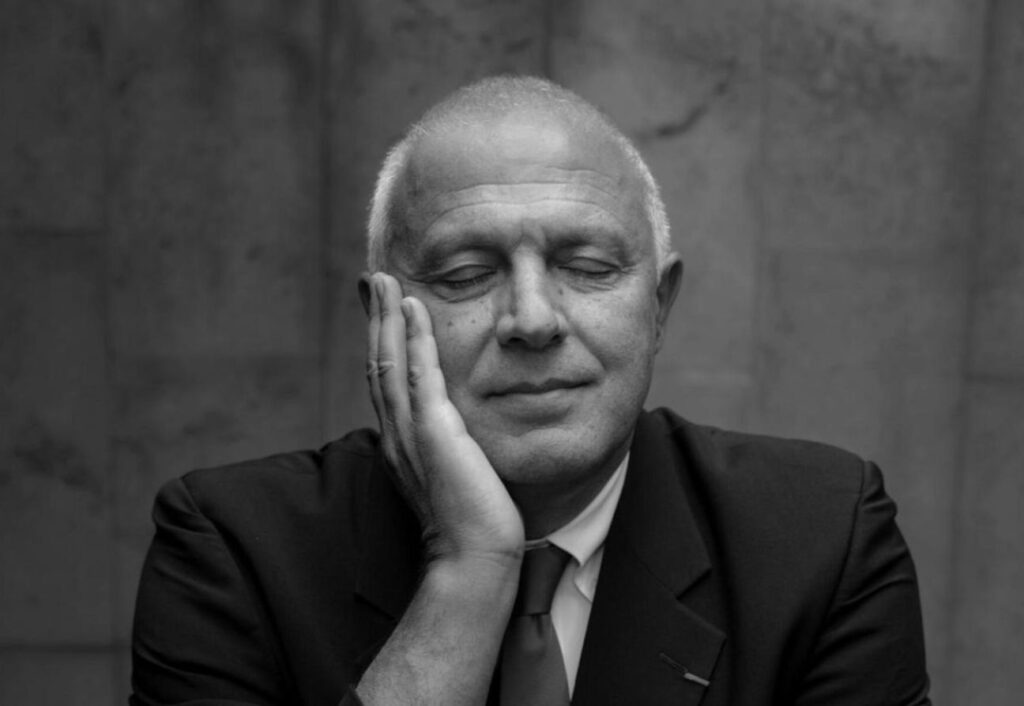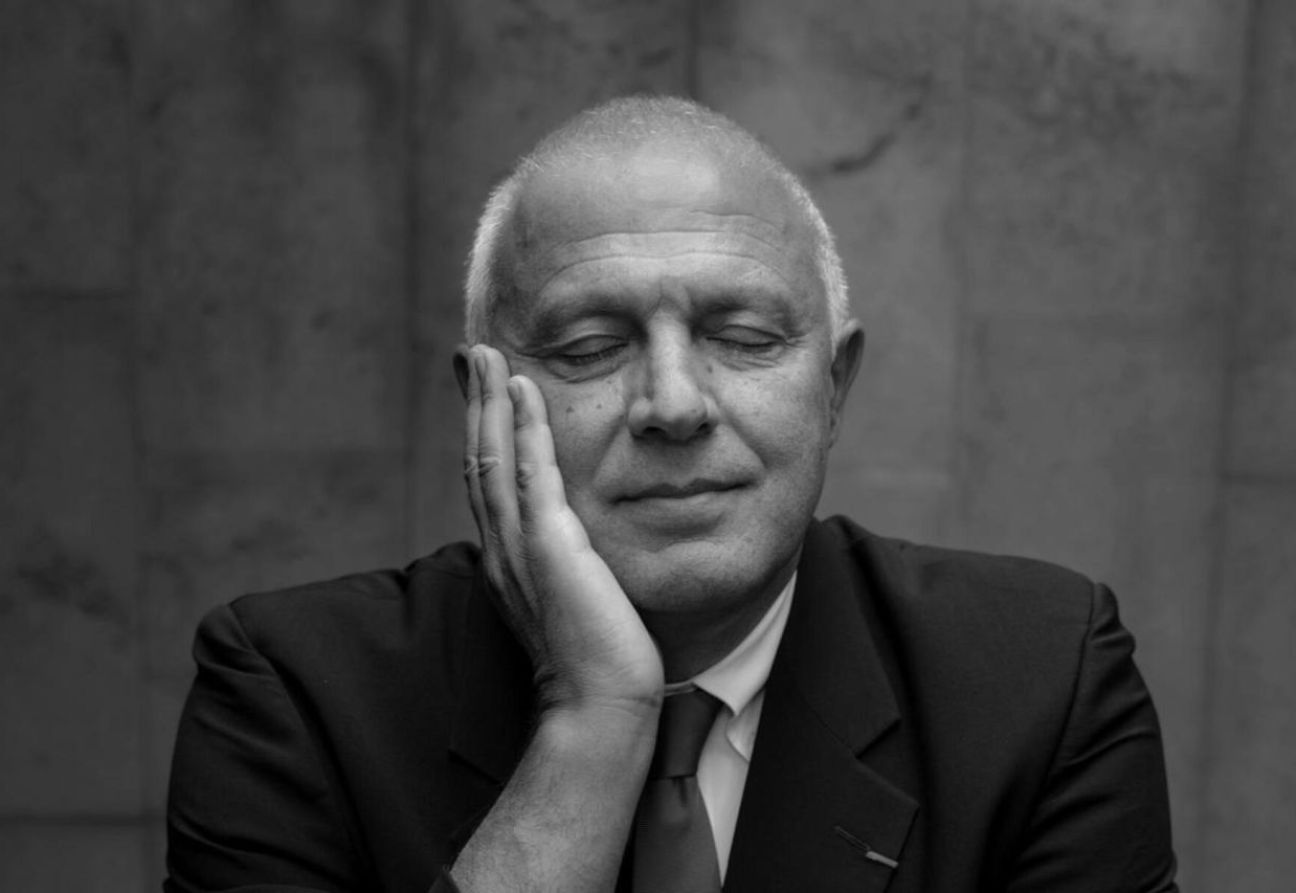
Knowledge is movement, infinite quest; Giordano Bruno’s idea that “every pleasure consists only in a definite transit, journey, and motion”, can be used as a motto to remember Nuccio Ordine’s achievements, his infinite passion and inexhaustible commitment, as scholar, pedagogue, editor.
He gained international recognition for his contributions to thematic criticism, to the development of the debate about literary genres, and overall to the understanding of Giordano Bruno’s works (among his most important contributions, one can recall: La soglia dell’ombra. Letteratura, filosofia e pittura in Giordano Bruno, 2003; Contro il Vangelo armato. Giordano Bruno, Ronsard e la religione, 2007). In Ordine’s studies, Giordano Bruno became a sort of monad, containing and representing from an eccentric perspective the entire world of late sixteenth-century European culture.
Though not a specialist of emblem studies, Ordine considered emblems not only a constant object of interest and fascination, but also a precious sounding tool, helping him to measure and explore the depth of late Renaissance European cultural milieux. The most significant example of that approach can be found in his Trois couronnes pour un roi. La devise d’Henri III et ses mystères (2011), where a single impresa (Henri III’s three crowns) becomes the cornerstone of a weighty reconstruction of the most active literary, intellectual and political European milieux of late XVI century (and it is worth mentioning that the genesis and successive updates of that book stand also as felicitous examples of a prolonged and fruitful intellectual dialogue, cemented through friendship, that Ordine entertained with Michael Bath).
In the last twelve years, his studies were accompanied by pamphlets that, in the guise of reasoned anthologies, aimed at proposing militant manifestos defending the idea that knowledge, as conveyed by “classics” is – today more than ever –.
nothing less than the unrenounceable premise to make man better (L’utilità dell’inutile [The Usefulness of the Useless], 2013, translated in twenty-four languages; Classici per la vita. Una piccola biblioteca ideale, 2015; and finally Gli uomini non sono isole. I classici ci aiutano a vivere, 2018); the pedagogical corollary of those manifestos was Ordine’s belief that the act of teaching, in the end, is a mission involving the very possibility of happiness and common good.
Ordine’s achievements were accompanied by an extremely intense editorial activity, aimed at promoting critical editions of texts and the circulation of Italian and foreign classics in more languages (among many: for Les Belles Lettres, the “Bibliothèque italienne” and “Les oeuvres complètes de Giordano Bruno” – the first critical edition of Bruno’s Italian works -, or for the Italian publisher Bompiani, the “Classici della letteratura europea” series, an ambitious project of bilingual editions of works, composing an essential European literary canon, ranging from Cervantes, Montaigne, Shakespeare, Spenser, Rabelais, to Kafka and Joyce).
In the early 2000s, actively engaged in the promotion of digitization projects (he was then director of a series of Cd-roms, “Classici del pensiero europeo”, with Aragno Editore), he also participated in the debates which paved the way to ensuing projects of emblem digitization.
Ordine was invited to teach by many international institutions and universities around the world – in Europe, the USA, Latin America – and was honored by many prizes and titles. But he never abandoned Calabria, in Southern Italy.
The place where he was born is the place where his rich and impetuous intellectual journey began, a place that, though distant from the main centers of national and international culture, remained the epicenter of his ideas, relationships and academic career. Born in Diamante, a small village on the Tyrrhenian Sea, Ordine, whose complete given name is Diamante Nuccio, was professor at the Università della Calabria.
Victim of an ischemic stroke, he died in Cosenza, on June 10, at the age of 64.

